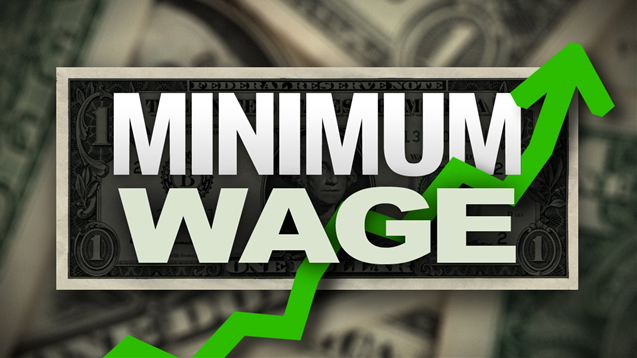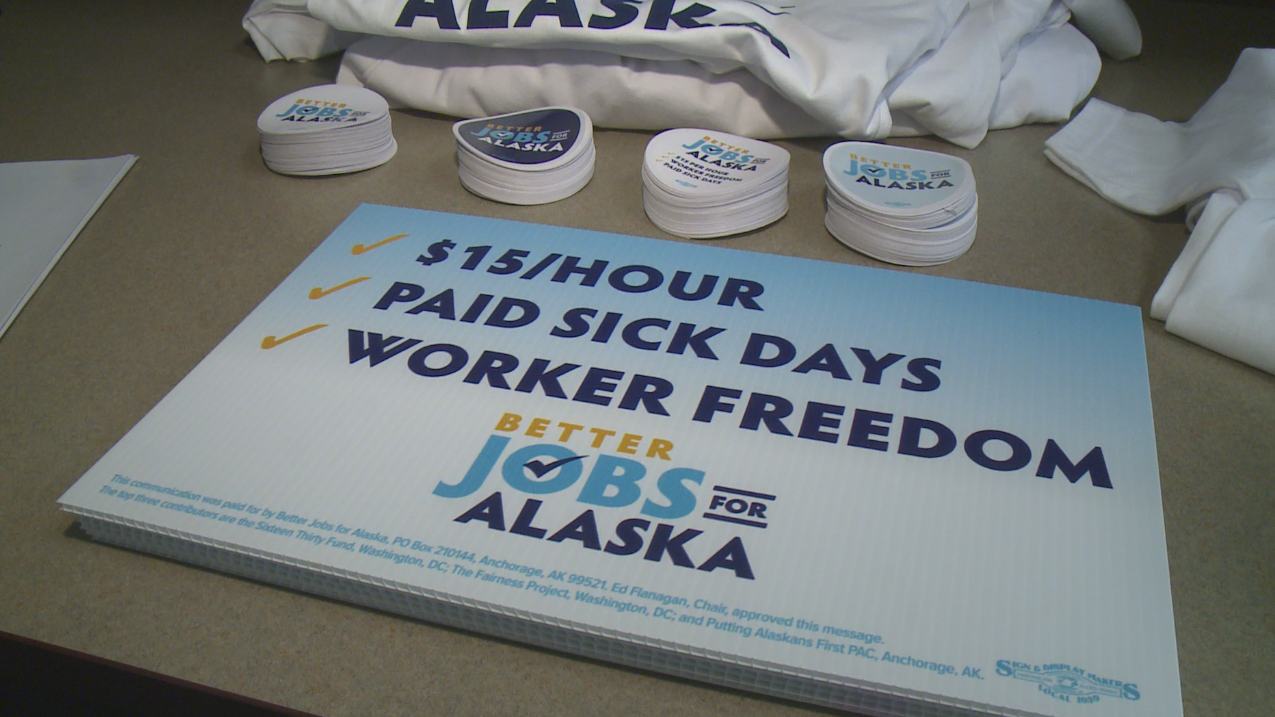To commemorate Juneteenth National Independence Day, President Joe Biden recently signed a law making June 19th the 12th Federal Holiday. Most federal employees will have it as a paid day off. The question going forward is will employers add Juneteenth to their calendar of paid days off.
Juneteenth commemorates the arrival of Union soldiers on June 19, 1865, to take control of Texas and enforce the Emancipation Proclamation President Abraham Lincoln issued on Jan. 1, 1862. In Galveston, Texas, the newly freed slaves held large public celebrations, and it laid the base for future Juneteenth activities. Texas was the last Confederate state forced to free enslaved people of color.
Almost all states recognize Juneteenth in some capacity. Only North Dakota, South Dakota, and Hawaii fail to make it a day of observance or ceremonial holiday. However, some states have also designated Juneteenth as an official paid state holiday including Illinois, Louisiana, Massachusetts, New York, Oregon, Texas, Virginia, and Washington. In addition, many states have laws with provisions that automatically recognize all federal holidays — even those not named in state statute. These states include Delaware, Iowa, Kentucky, Maryland, Maine, New Jersey, Ohio, and Pennsylvania.
Because this holiday falls on a specific date, June 19th, the federal government will observe Juneteenth in a similar fashion as Independence Day. If June 19th falls on a Saturday, the observance is the prior Friday; if the date falls on a Sunday, the observance is on the following Monday.
Workers at some employers, such as Allstate, Instacart, JC Penney, Levi Strauss, Lyft, Nike, Starbucks, Target, Twitter, and Zillow already receive paid time off for Juneteenth. Others like Citibank and Wells Fargo created a paid day off holiday option. Its US employees can use this option to celebrate Juneteenth or any holiday “that is most meaningful to them,” according to the company. Those that work at these companies during the holiday receive 1.5 times their regular wage.
Private employers are not obligated to give employees the day off for Juneteenth. This is true of all official state and federal holidays. However, many private employers have chosen to make June 19th a paid company holiday. There is also no federal law requiring employees to be paid time-and-a-half for working on a holiday. This is something that many businesses do voluntarily as an incentive for employees to work on those days. However, there may be state guidelines that require paying employees 1.5 times their regular wage on designated holidays.
What to do next
To prepare for next year, employers must decide on whether to add Juneteenth to their list of paid time off days. Companies should understand the history and context behind Juneteenth. It is important to communicate why they are commemorating the holiday. Many large companies listed in this article are encouraging a day of service or providing an opportunity for ongoing discussion and education on the topic. It is important to not just offer the day off to ‘check the box on your DEI checklist’.
Once your company makes the decision to offer this as part of their paid time off benefit, it is important to notify your HR department and employees. Employee Handbooks must be changed, and information communicated to all employees affected. The most important company to notify of the change is your time and attendance vendor. They can help add the paid day off to your system. In addition, they can make sure schedules are removed if your planning on giving the day off or pay those appropriately if employees are scheduled to work on the holiday.
Remember, June 19th falls on a Sunday in 2022.
If your company is adding Juneteenth either as a day off or offering time and a half, please contact Time Equipment Company at support@timeequipment.com or 800-997-8463 so we can make these changes to your system.










